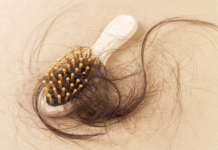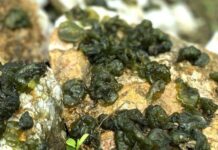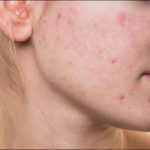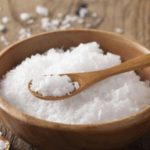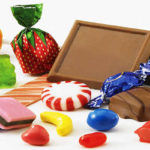Micellar water is an essential product in any skincare routine. However, there are some harmful ingredients in micellar water that not many people are aware of. Join us as we uncover 5 ingredients to avoid in micellar water for the sake of your skin’s health.
1 5 Ingredients to Avoid in Micellar Water for Healthy Skin
Mineral Oil
Derived from petroleum through a heating process at a temperature of up to 210ºC, mineral oil goes by other names such as petrolatum, paraffinum liquidum, paraffin oil, and cera microcristallina. It is used to instantly soften and smooth the skin.
However, prolonged and frequent use of mineral oil can lead to clogged pores and acne breakouts. This is because it prevents the natural process of sebum excretion, which can result in blackheads, whiteheads, cysts, and pustules.
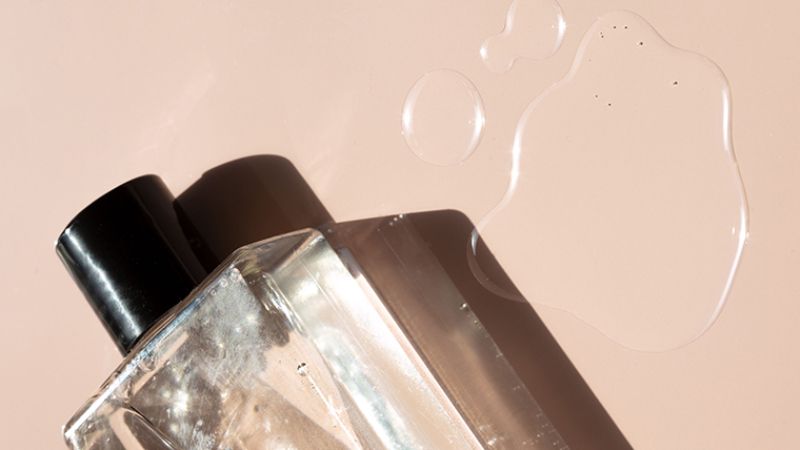 Mineral Oil
Mineral Oil
Beyond the cosmetic concerns, these issues can also increase the risk of cancer and impact reproductive health. Therefore, if you are using products containing mineral oil, consider switching to alternatives with skin-friendly ingredients.
Parabens
Methylparaben, ethylparaben, propylparaben, isopropylparaben, butylparaben, and isobutylparaben are different names for compounds in the paraben group, commonly used as preservatives in cosmetics to extend their shelf life.
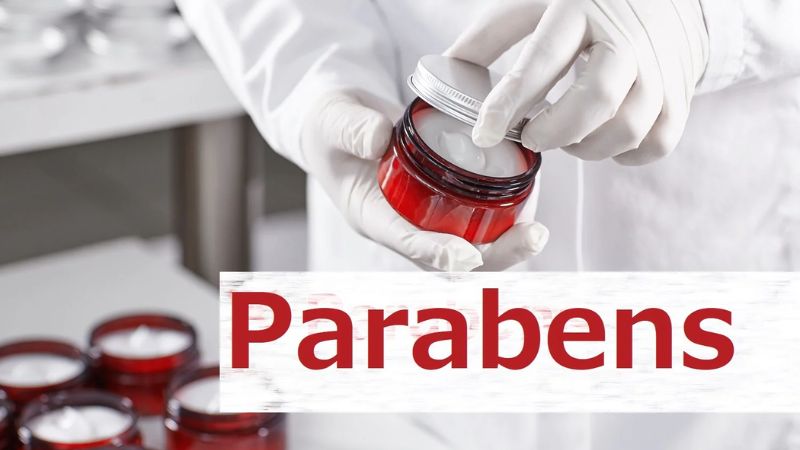 Parabens
Parabens
However, regular and long-term use of paraben-containing products can interfere with female hormones, impacting reproductive functions and the healthy development of fetuses. Thus, it is advisable to opt for paraben-free products or choose alternatives with ingredients that are safer for your overall health and skin.
Synthetic Fragrances (Fragrance, Parfume)
Colognes and aftershaves are examples of fragranced products manufactured with synthetic fragrances, which involve combining chemicals to impart a pleasant scent to micellar water and other cosmetics.
However, some people may experience skin allergies, headaches, dizziness, and even difficulty breathing upon using these products. Therefore, it is essential to exercise caution and minimize exposure to synthetic fragrances.
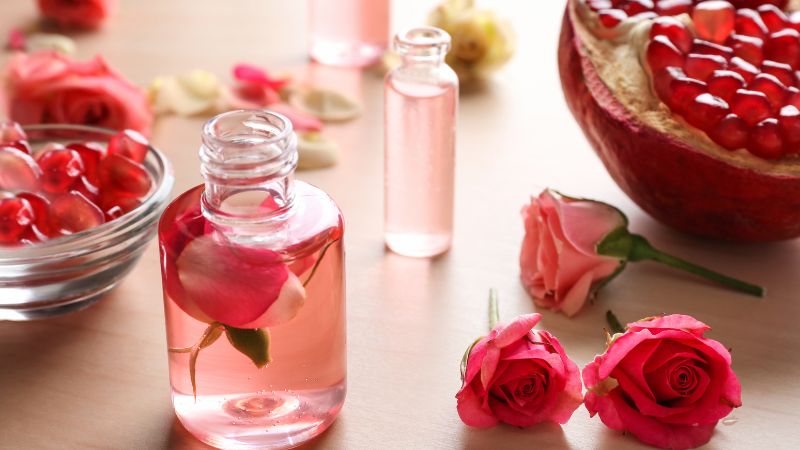 Synthetic Fragrances
Synthetic Fragrances
Foaming Agents: DEA, MEA, TEA
DEA (Diethanolamine), MEA (Monoethanolamine), and TEA (Triethanolamine), along with their variants, Glycinol and 2-Aminoethanol/triethanolamine, are water-soluble additives commonly used to create a foaming effect in cleansing and personal care products. However, these substances can cause severe skin and eye irritation and even inflammatory skin conditions.
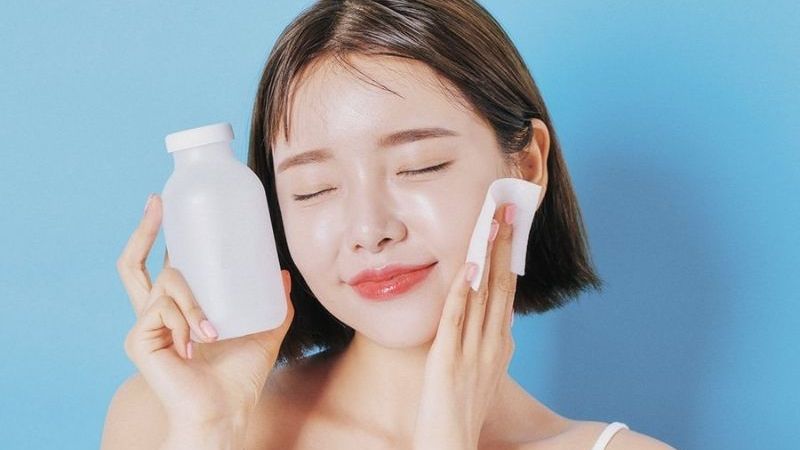 Foaming Agents: DEA, MEA, TEA
Foaming Agents: DEA, MEA, TEA
Moreover, they can penetrate the skin and accumulate in internal organs. Long-term use has been linked to serious health issues, including liver and kidney cancer. Therefore, it is crucial to be cautious when using products containing these ingredients and opt for alternatives that do not pose such health risks.
Drying Alcohol (Alcohol)
Alcohol, ethanol, denatured alcohol (altered alcohol), methanol, methyl alcohol, ethyl alcohol, and SD alcohol are different names and chemical roots for various types of alcohol.
These alcohols are commonly found in micellar waters, especially those formulated for acne-prone and oily skin, as they enhance the cleansing and antibacterial properties while providing a refreshing feel.
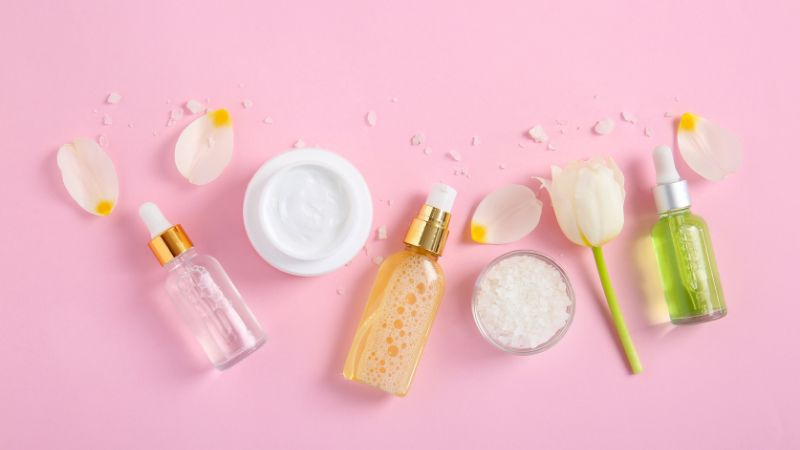 Drying Alcohol
Drying Alcohol
However, alcohol can also strip the skin of its natural moisture, damaging the protective barrier and harming healthy cells. If your micellar water contains alcohol, pay attention to its position in the ingredient list; ideally, it should be towards the middle or end, indicating a lower concentration.
2 Quick Tips for Choosing a Safe and Quality Micellar Water
To avoid purchasing inferior micellar water, follow these simple steps:
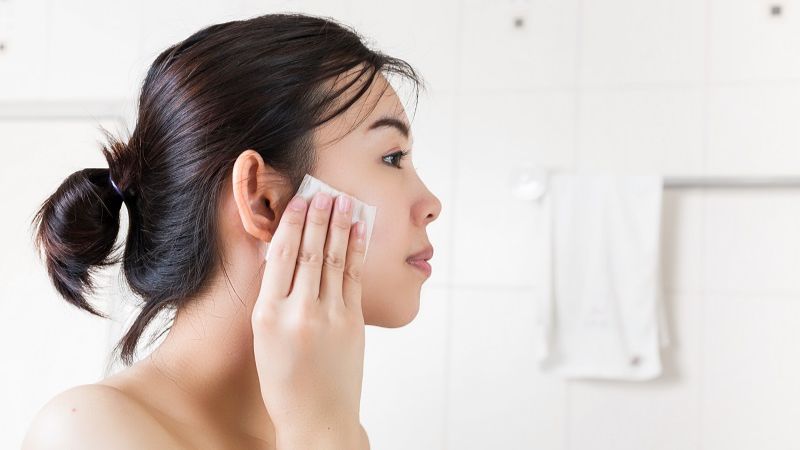 Quick Tips for Choosing Safe and Quality Micellar Water
Quick Tips for Choosing Safe and Quality Micellar Water
In conclusion, we have revealed five ingredients to steer clear of when choosing a micellar water for your skincare routine. Thank you for reading, and we hope you found this information valuable.



